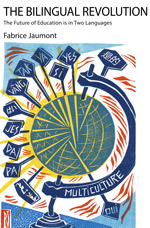 “Stanley Kubrick: The Odysseys,” by Fabrice Jaumont ($ 9.99, 140 pages)
“Stanley Kubrick: The Odysseys,” by Fabrice Jaumont ($ 9.99, 140 pages)
April 2, 2018 was the 50th anniversary of a 1968 premiere screening in Washington, D.C. of Stanley Kubrick’s 2001: A Space Odyssey. The film remains the most fascinating cinematographic adventure given to experience. As a tribute to the masterpiece, and to the maestro himself, this essay which was first presented in 1995 as a scholarly paper explores the multiple connections to the Odyssean theme that one may find in Stanley Kubrick’s filmography.
Kubrick’s unweaving and re-weaving of the cinematographic tapestry reflect his attachment to the changeability implied in the Odyssean theme, which has become the theme of questioning, the perpetual questioning of one’s possibilities. The camera’s shuttling back and forth in time, round and round in space, through the means of dolly movements, shots and reverse shots, circular and spiraling recurrences, equates the director’s shuttling between classical and avant-garde techniques, between painting and photography, between musical intensity and spatial silence.
A chassé-croisé which the pluricephal director utilizes with a view to producing new angles of view and new parallaxes: a constant Kubrickian experimentation of the cinematographic language.

